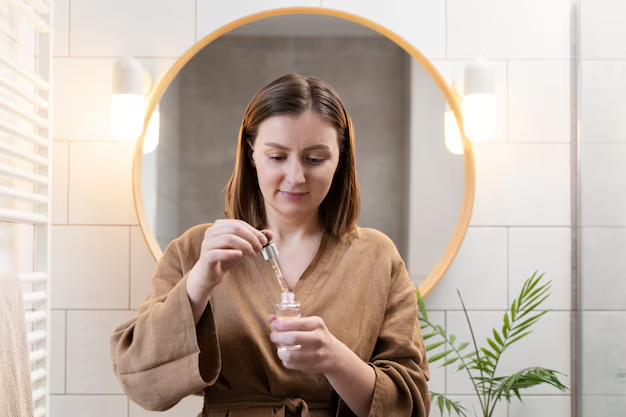Taking time for yourself can be considered a luxury in today’s fast-paced environment. Practicing self-care isn’t just about calming; it’s about creating routines that help you feel your best mentally, physically, and emotionally. Self-care routines are regular habits or practices that prioritize your well-being. Here, we’ll explore why self-care is essential and outline some easy self-care routines that anyone can try.
Why Self-Care Matters
Self-care is about looking after yourself so you have the energy and focus to take on life’s challenges. It’s a way of recharging both your body and mind. When you prioritize self-care routines, you build a stronger foundation for handling stress, maintaining health, and enhancing your overall happiness.
Without self-care, stress and tiredness can take over, leading to burnout and even health issues. By setting aside time for self-care, you’re not just caring for yourself in the present moment—you’re also preparing yourself for the future by building stability and strength.
Building Your Self-Care Routines
Self-care routines don’t have to be complex or time-consuming. They can be small, daily practices that add up to notable improvements over time. Here are a few basic methods to include self-care into your lifestyle:
Physical Self-Care
Taking care of your body is an important part of any self-care routine. It’s about moving your body, eating well, and giving yourself time to rest. Here are some ideas:
Exercise Regularly: Even a short walk or a 10-minute stretching session can be beneficial. Find activities you enjoy, like dancing, yoga, or a sport, so that staying active and feels fun.
Eat Nourishing Foods: A balanced diet provides the fuel your body and brain need. Try to add vegetables, whole grains, fruits, and proteins to your meals.
Sleep Well: Sleep is one of the most important parts of physical self-care. Set a consistent bedtime and aim for 7-9 hours of rest each night.7-9 hours sleep is a must.

Mental Self-Care
Mental self-care involves taking steps to keep your mind sharp and lessen stress.
Practice Mindfulness: Take a few moments each day to focus on your breathing or observe your surroundings. This practice can help reduce stress and keep you grounded.
Read or Learn Something New: Engaging your mind with books, articles, or learning new skills is a fabulous way to exercise your brain and keep it sharp.
Limit Screen Time: Spend less time on screens, especially on social media. Extreme screen time can increase stress and exhaust mental energy.
Emotional Self-Care
Your emotional well-being is equally essential as your physical and mental health. Emotional self-care focuses on managing your feelings and building positive emotions.
Express Yourself: Journaling, drawing, or talking to friends about your day can be helpful. Sharing your ideas and emotions with others can help you feel less devastated.
Practice Gratitude: Each day, write down one or two things you’re grateful for. Gratitude can boost happiness and make you more aware of the positive aspects of life.
Set Boundaries: Saying no when you need to and setting limits on what you take on is a powerful form of self-care. Boundaries defend your emotional well-being and avoid tiredness.
Social Self-Care
Humans are social beings, and connecting with others is crucial for well-being. Social self-care routines help you maintain healthy relationships with family, friends, or colleagues.
Schedule Time with Loved Ones: Spending time with people who make you feel good can reduce stress and increase happiness.
Join a Group or Club: Engaging with others who share your interests can provide a sense of community and belonging.
Practice Kindness: Sometimes, self-care means helping others. Small acts of kindness, like sending a thoughtful message or lending a hand, can lift your spirits.
Spiritual Self-Care
Spiritual self-care doesn’t have to be religious; it’s about connecting with yourself and finding meaning in life.
Meditate: Meditation is a powerful way to connect with your inner self and bring peace into your life.
Spend Time in Nature: Walking in the park or even sitting by a tree can be calming and grounding.
Reflect on Purpose: Taking time to think about your goals, values, and what brings you joy can give you a sense of direction and satisfaction.
Putting It All Together
Creating self-care routines doesn’t mean you need to include every type of self-care at once. Start small and choose one or two areas that feel right for you. You can slowly add new practices as you get comfortable. Consistency is key; by saving time to self-care regularly, you’ll begin to notice positive changes in your life.
Final Thoughts Self-care routines are not selfish; they’re essential for maintaining balance and happiness. Whether it’s through exercise, connecting with loved ones, or spending quiet time alone, self-care gives you the help to handle life’s ups and downs. By making self-care a regular part of your routine, you’re taking an important step toward living a healthier, happier life.







